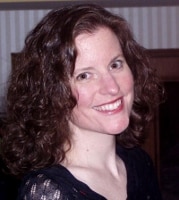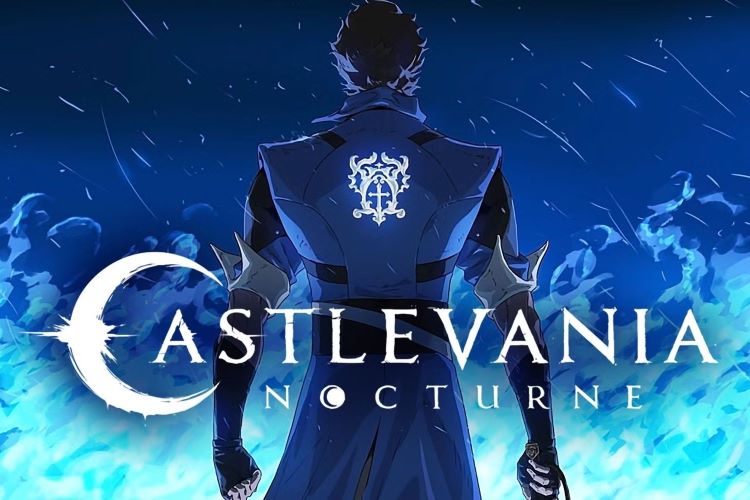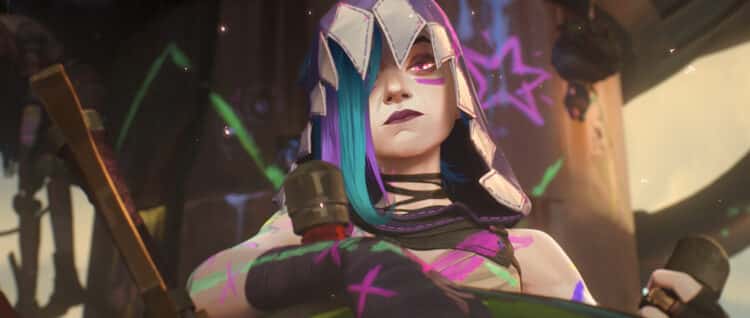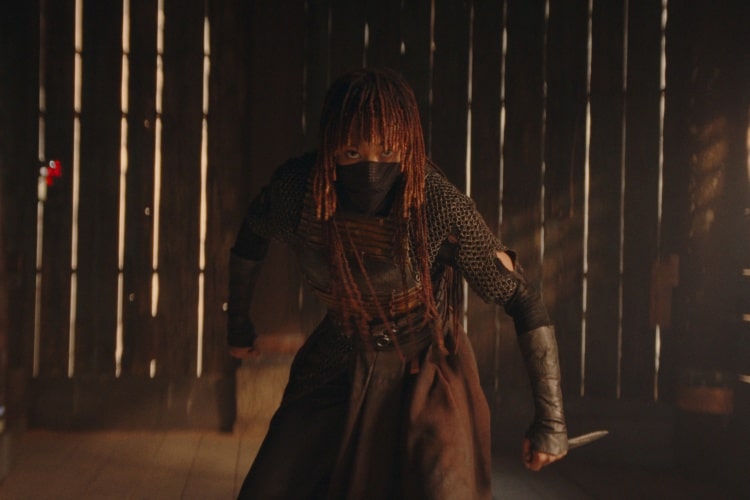A Gruesome, Golden Fairy Tale
Main Cast: Audrey Tautou, Gaspard Ulliel, Florence Thomassin
Director: Jean Pierre Jeunet
A Very Long Engagement starts right out in the ugly, muddy trenches on the French front during WWI. The voice over narrator (Florence Thomassin), who we will come to know well, tells us about the men we are seeing. All determined to have wounded themselves, they are being sent to a particularly awful and treacherous locale, their punishment as treasonous soldiers.
From this bleak introduction we switch gears and meet Mathilde (Audrey Tautou). Mathilde is a lovely, optimistic young woman who is engaged to one of those condemned soldiers, Manech (Gaspard Ulliel). Mathilde has been told that Manech is dead. She will not accept these cold and bitter words. She needs more than a letter to accept that her lover has died in battle. As the film progresses, various individuals will come to Mathilde, others she will seek out, who have information about that fateful day in the trenches. She will not rest until she knows the truth of what happened to her beloved Manech.
A Very Long Engagement takes us back and forth from Manech and the others mired in battle and Mathilde mired in what may be a fruitless and futile search for answers that simply do not exist. While on the front, cinematographer Bruno Delbonnel gives us a hard, dirty look at the trench warfare of WWI. The colors are dull to the point of melding together into an ugly, filthy greenish brown, a place where any spot of bright color stands out. These scenes of up close and personal warfare are as affecting as any I’ve ever seen, including those in such lauded works as Saving Private Ryan. We can feel the futility, the fear, the strain of waiting for something to happen, the terror when it suddenly does, the frustration and regret of those caught in this fetid sewer.
Contrasting this awful place is the world of Mathilde. Her memories of life before the war are cast in golden haze, ethereally lit, beautifully staged to evoke every ounce of longing remembrance. While on her search, Mathilde remains in a brighter, sunnier place, though with its stark, harsh moments. The contrast between the war scenes and the scenes of Mathilde is vast, beautifully underscoring how far from the real world those men are, how far they have gone into a place where golden memories are fleeting.
Jean Pierre Jeunet directed Audrey Tautou in Amélie, and even with such remarkably different subject matter, you can see elements of that film peeking through. The voice-over narration is similar to that in Amélie, supplying detail about characters, motivation and plot. The narration helps us follow the flow of the film – letting us know where and when we are amidst what can be a confusing series of flashbacks. Jeunet also throws in some odd, somehow very French (don’t ask why they seem French, they just do), levity – nothing inappropriate to the somber tone of the film – just bits and pieces that relieve the drama and give the piece an unexpected spark. He gives his characters just enough quirks (again, like Amélie) to be endearing, without crossing the line and tossing in quirks for their own sake. It is these little moments that provide a thread of magical thinking that runs throughout the film. Mathilde with her superstitions and her tuba and her gassy dog, all these things give the film a touch of unreality that, combined with that warm, golden lighting, makes things feel just a bit like a fairy tale. A gruesome fairy tale, but a fairly tale all the same. It’s really quite wonderful. Audrey Tautou is perfect as Mathilde. She shines here as she has before, the strength of her personality and tenderness driving the film.
Not all is fabulous in A Very Long Engagement, for it is a long movie that moves at a leisurely pace. It is not riveting, or filled with non-stop high-tech action. It requires patience. A patience that is surely rewarded, but you won’t rip through this one without at least a casual glance at your watch. It can even get a smidge boring in parts.
Note also that the only performance I mention is that of Audrey Tautou. Frankly, it’s hard to keep track of everyone else – especially not being familiar with the French actors (there is one very surprising cameo – but there’s no way I’m telling). Maybe that’s part of the point of A Very Long Engagement, that everyone becomes anonymous in war. Faces are forgotten, names mean little and people can and do simply disappear. A good point, but it does make it that much harder to keep track of what’s going on. Combine this with the use of a flashback format, and the movie can get confusing at times. This is not the first time I’ve wished my French were better – I think being able to watch the film in its original language without subtitles may help significantly reduce the confusion factor. The subtitles are very well done, but I can’t help but wonder what is lost in the translation.
Even with a few not insignificant drawbacks, this is a wonderful film. Audrey Tautou is sweet and fierce and heartbreaking. The entire film is absolutely beautiful – even in those wretched trenches, the cinematography is glorious. Cinematographer Delbonnel (another Amélie veteran) does a magnificent job, giving the film a great deal of its magical tone. Though I haven’t read the original novel by Sebastién Japrisot, A Very Long Engagement feels like a beautiful visual rendition of a written story. Jeunot (who also co-wrote the screenplay with Guillaume Laurent) pulls us through those awful trenches, the lingering sweet memories of romance and the earnest, stubborn refusal to be thwarted with a keen eye for detail and setting, making the journey more than worth any travails suffered in the watching.

Sue reads a lot, writes a lot, edits a lot, and loves a good craft. She was deemed “too picky” to proofread her children’s school papers and wears this as a badge of honor. She is also proud of her aggressively average knitting skills She is the Editorial Director at Silver Beacon Marketing and an aspiring Crazy Cat Lady.







Leave a Reply